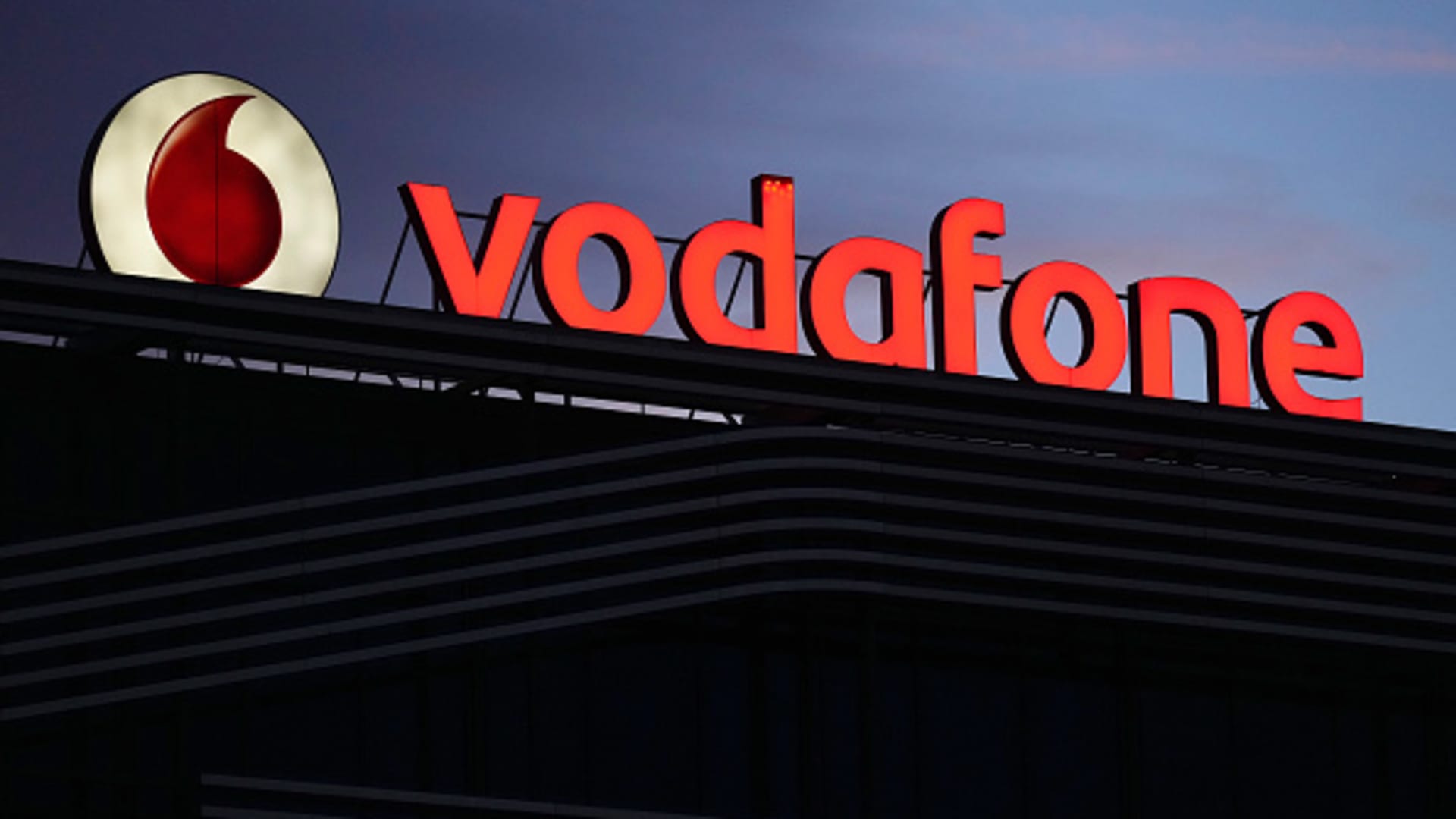
Vodafone announced plans to cut 11,000 jobs as part of a turnaround plan from the company’s newly-appointed CEO Margherita Della Valle.
Paul Hanna | Bloomberg | Getty Images
The U.K.’s Competition and Markets Authority on Friday said Vodafone’s proposed merger with rival CK Hutchison will face an in-depth probe, unless the two mobile operators provide “meaningful solutions” to the regulator’s concerns.
Vodafone and CK Hutchison‘s British brand Three have five working days to supply their answers.
The CMA opened a probe into the proposed tie-up back in January. In its latest update Friday, the CMA said it was concerned the deal would lead to a substantial lessening of competition, result in higher prices for consumers and create an unfavorable environment for mobile virtual network operators.
Mobile virtual network operators, or MVNOs, are a spate of new network operators that have cropped up over the years that use underlying infrastructure from existing telcos, rather than being created from scratch.
Announced last year, Vodafone and CK Hutchison’s transaction would merge the two brands’ U.K. businesses, giving Vodafone a 51% controlling stake and leaving CK Hutchison with the minority interest. Vodafone UK CEO Ahmed Essam was set to helm the new enterprise, with Three UK Chief Financial Officer Darren Purkis slated for the CFO position.
Higher prices and reduced quality
The CMA on Friday said that the deal proposed by Vodafone and CK Hutchison could lead to higher prices and reduced quality for U.K. mobile customers. Vodafone and Three are two of the four biggest network providers in Britain and offer important alternatives for consumers, the CMA said.
Three is generally the cheapest of the U.K.’s big four mobile networks, the CMA noted, and combining it with Vodafone could “reduce rivalry between mobile operators to win new customers.”
The CMA also flagged it was worried the deal could make it more difficult for MVNOs such as Sky Mobile, Lebara and Lyca Mobile to negotiate good deals for their customers. Both Vodafone and Three are used by notable MVNOs.
Lebara and Asda Mobile use Vodafone, while Superdrug Mobile is among the MVNOs that uses Three.
Vodafone and Three said that the CMA’s announcement that it intends to refer their deal for an in-depth Phase 2 review was an “expected next step in the process and in line with the timeframe for completion that we set out from the outset.”
In a joint statement, the two companies said they remain confident that the transaction will deliver benefits for competition, customers and the U.K.
They noted that the quality of mobile network services in the U.K. lags significantly behind other European countries, and that their networks are “sub-scale, unable to cover their cost of capital, and constrained in their ability to invest and compete effectively” against market leaders EE and Virgin Media O2 (VMO2).
Vodafone’s Essam on Friday said that the deal would “create an operator with the scale required to take on BTEE — referencing BT and its mobile brand EE — and VMO2, give MVNOs greater choice in the wholesale market and is in the wider interests of customers, competition and the country.”
Robert Finnegan, CEO of Three U.K., said that the current market structure is “holding the U.K. back, which is not good for customers or competition.”
“By creating a third player with the necessary scale to invest, the combination of our two companies will deliver one of Europe’s most advanced networks and move the U.K. into the digital fast lane, benefiting customers from day one,” Finnegan said.

